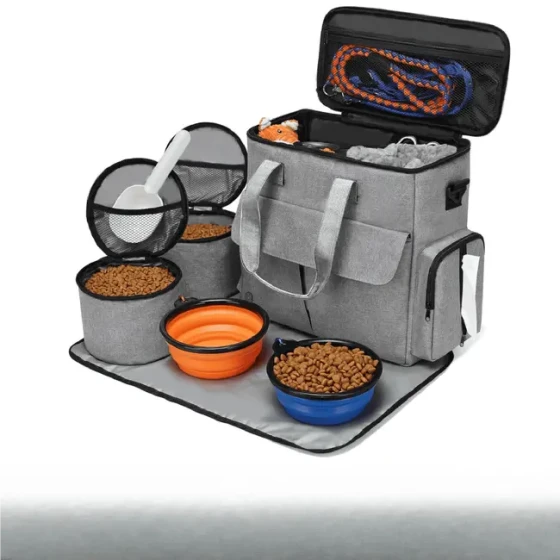Why Dogs Cannot Eat Liver

Beagle (Detailed Introduction)
Many dogs stay by their owners’ feet while they eat, looking at them with a very longing gaze, wanting their owners to give them some food. Many owners often cannot resist this look, softening their hearts and feeding them some of the food they are eating. In addition, many dog owners like to give their dogs the foods they dislike, including some animal organs such as liver, stomach, and heart. However, liver is completely useless for dogs and may even cause harm if given over time. So why can't dogs eat liver? Let’s understand this.
First, liver can affect their calcium absorption, causing calcium deficiency, resulting in rickets, and even paralysis. Such cases are numerous and often seen in various pet clinics. Additionally, liver contains a large amount of vitamin A, which unlike vitamins B and C, cannot be excreted through urine when in excess. Vitamins A and D can continue to accumulate in the body. When these vitamins reach toxic levels, symptoms will appear, the most typical being convulsions, which can occur while sleeping or awake. This is a typical symptom of severe calcium deficiency in the body. Some dogs also exhibit unsteady walking, hair loss, lethargy, easy fractures, and pica. At this time, feeding liver should be stopped immediately and calcium supplemented promptly. It is best not to buy "calcium carbonate" tablets, because although this calcium has a relatively high calcium content, its absorption rate is low, belonging to the first generation of calcium. It can irritate the gastrointestinal tract and easily deposit, causing stones. Calcium sucrate, calcium gluconate, calcium malate, and calcium lactate are all suitable.
The reason why dogs cannot eat liver is now obvious: it can seriously affect the dog's calcium absorption, causing many skeletal diseases or convulsive symptoms. Therefore, owners who like to feed liver to their dogs should be careful: small amounts are acceptable, but large quantities will only harm them.





